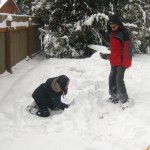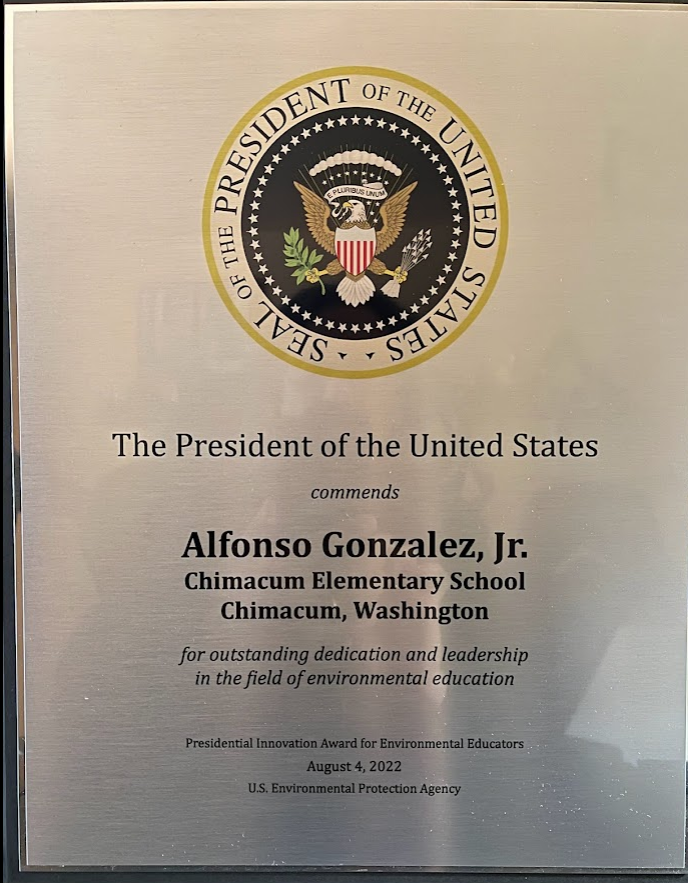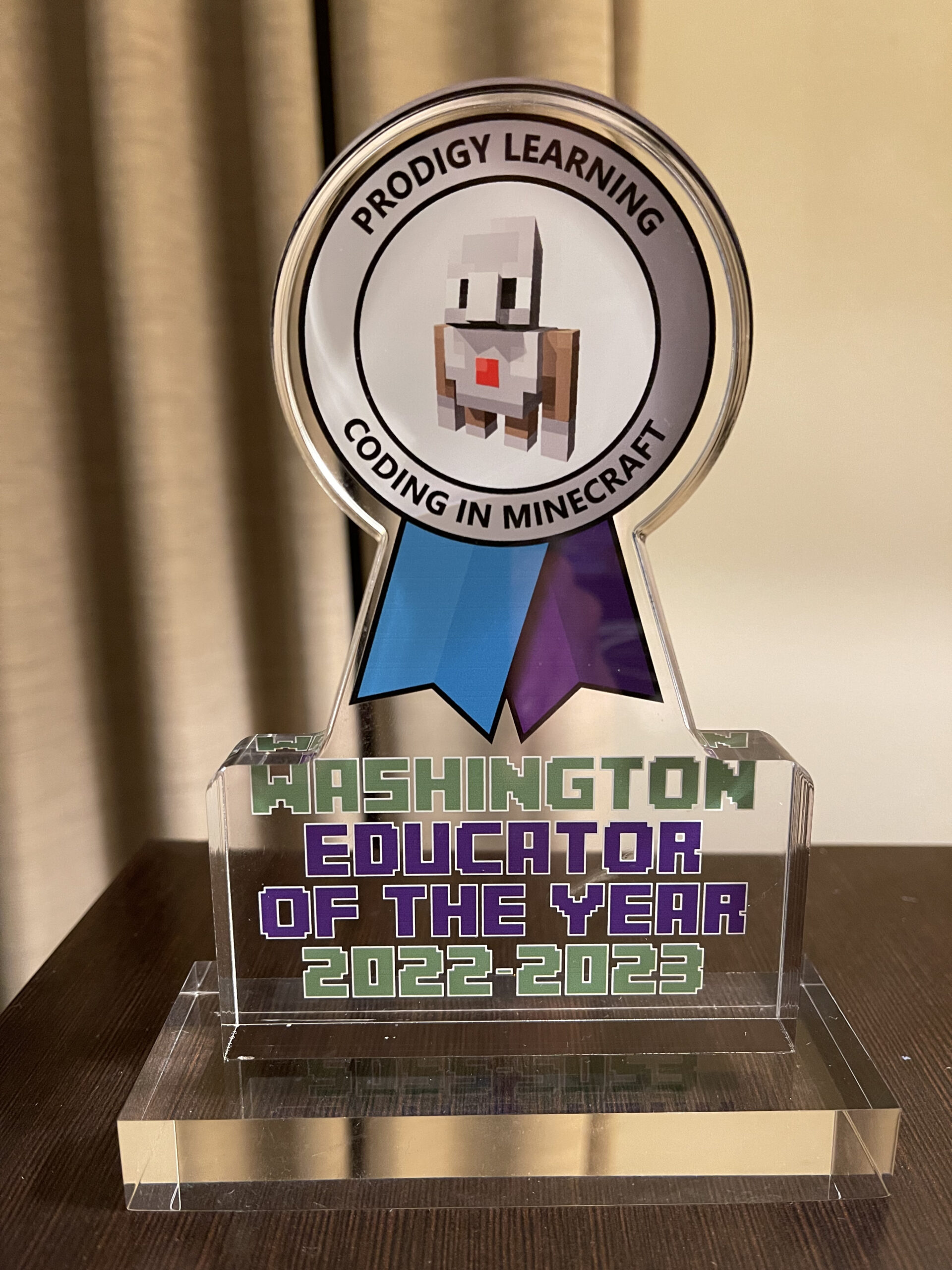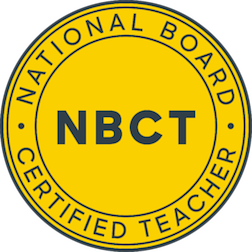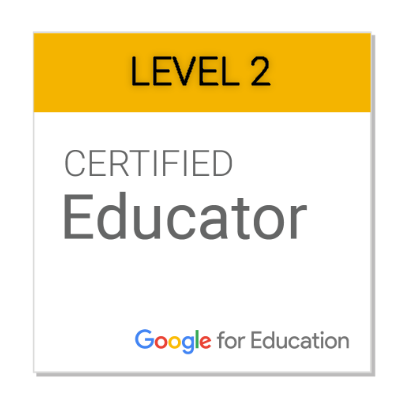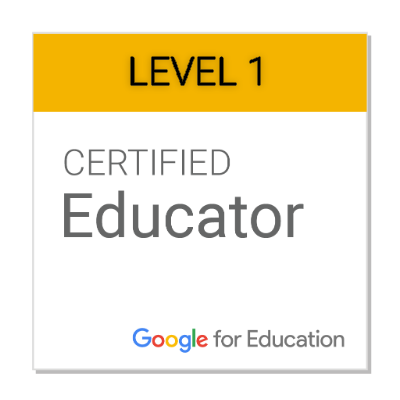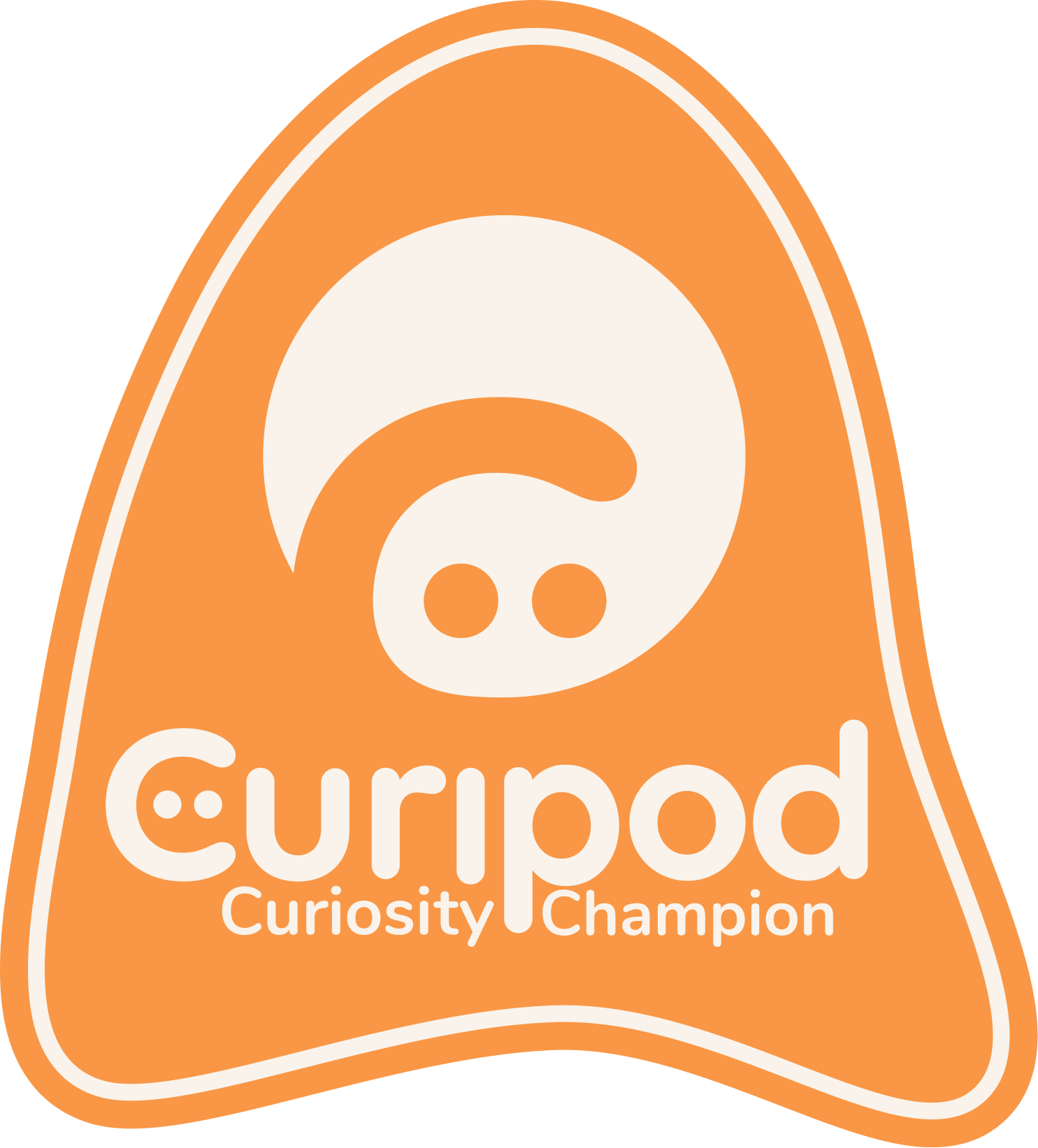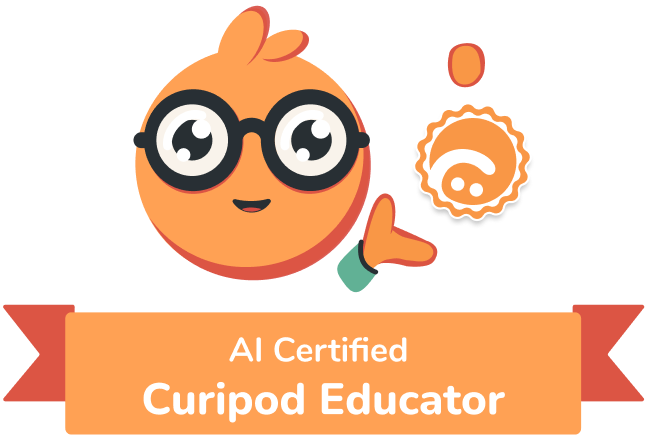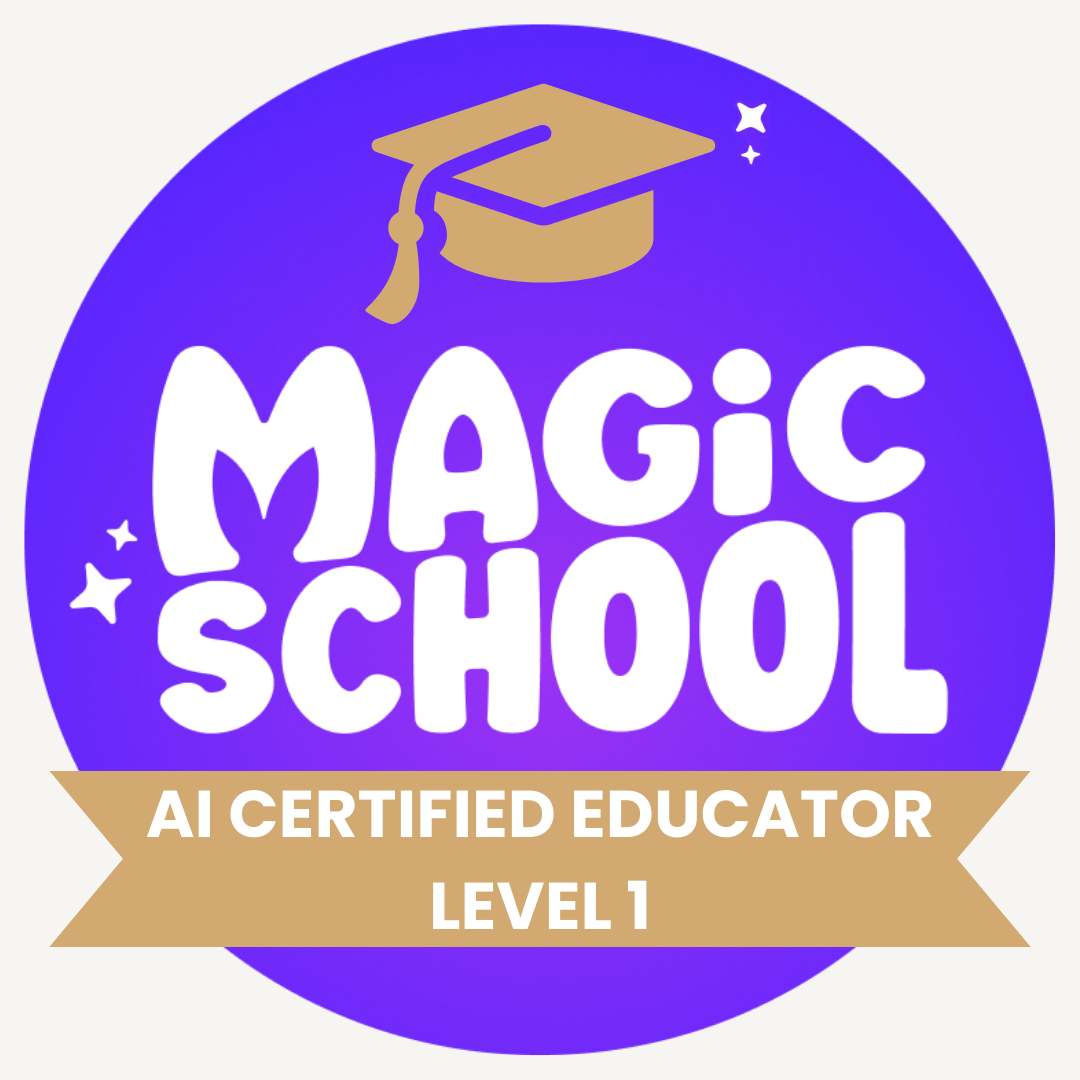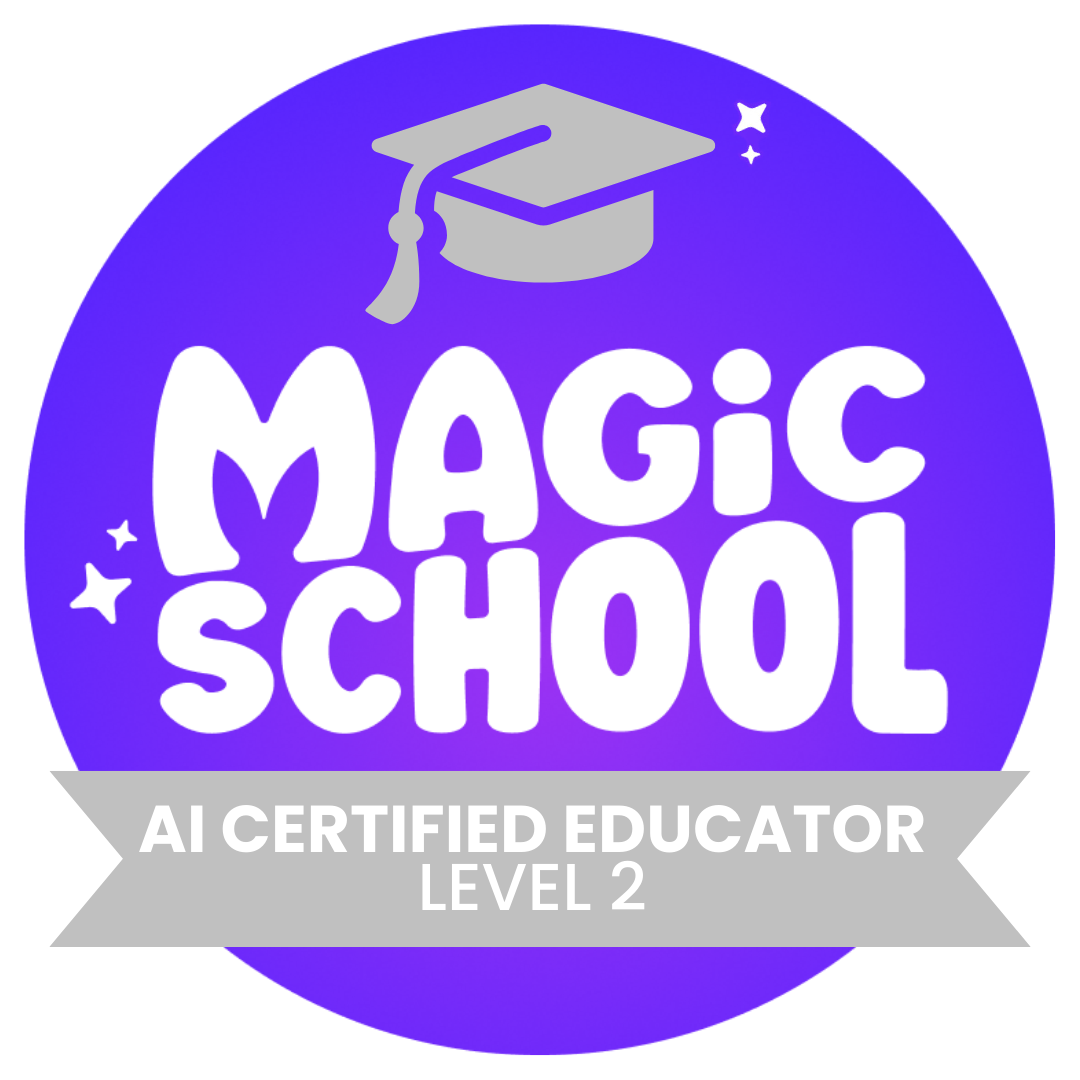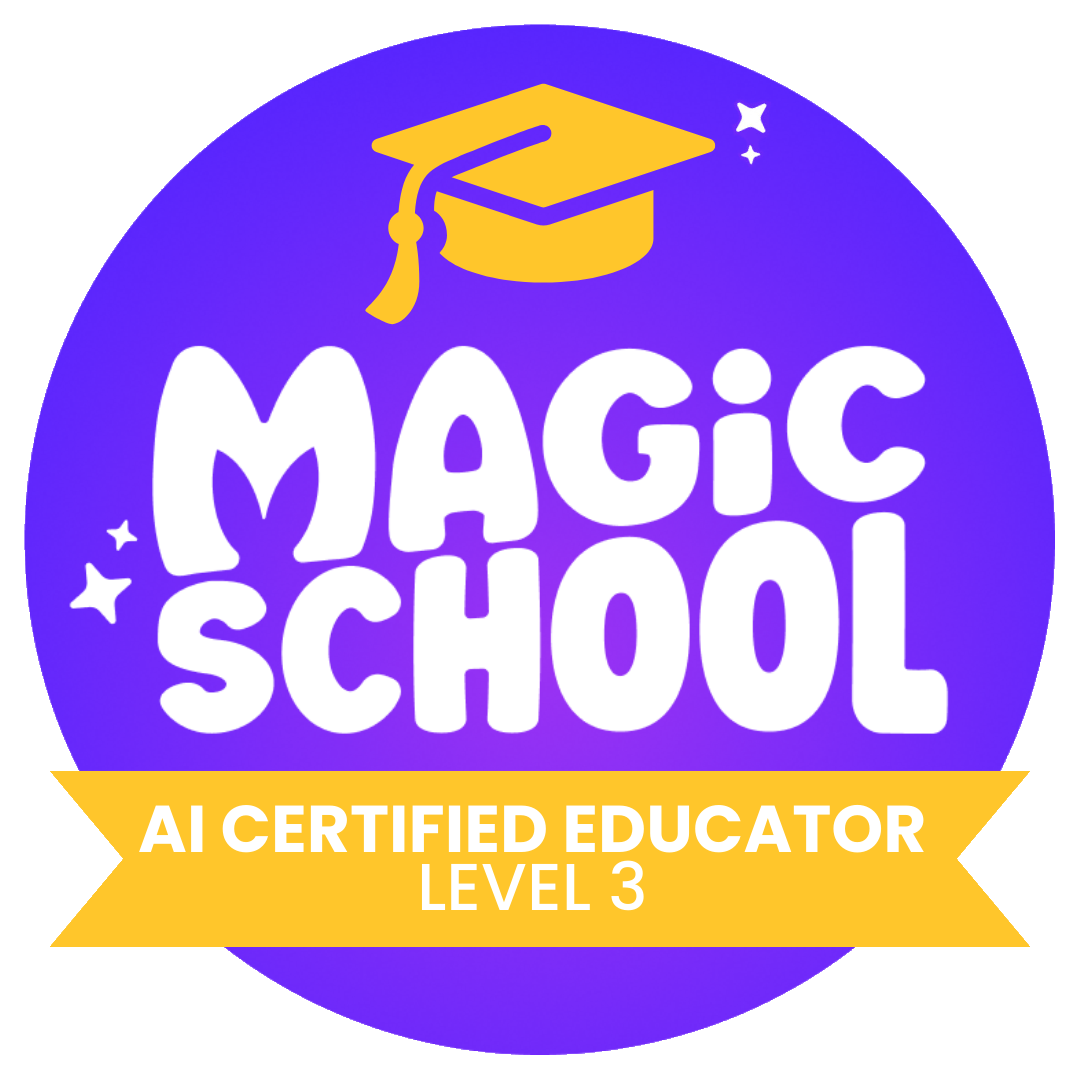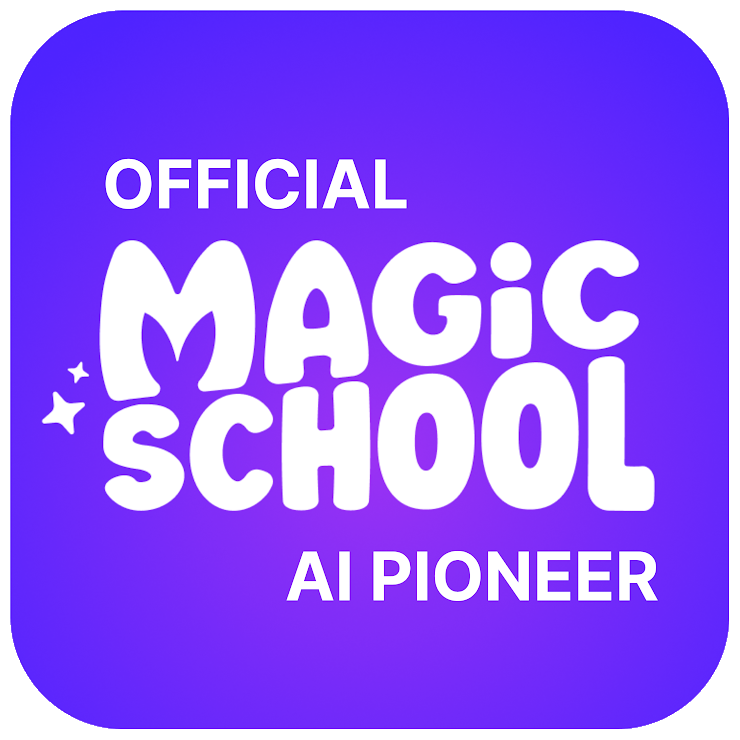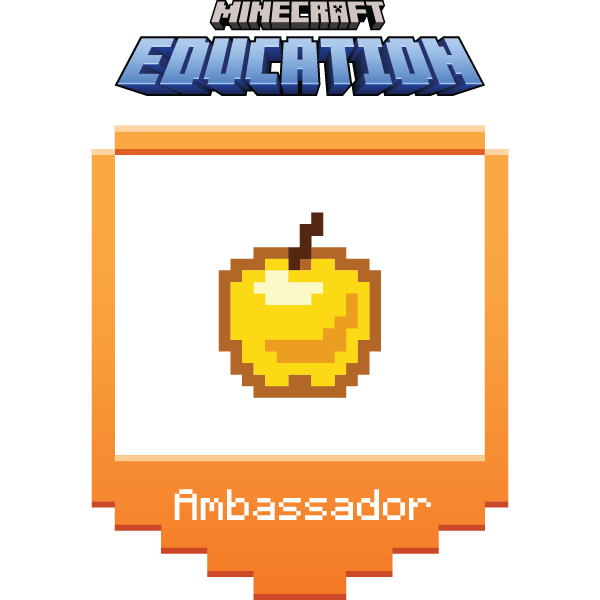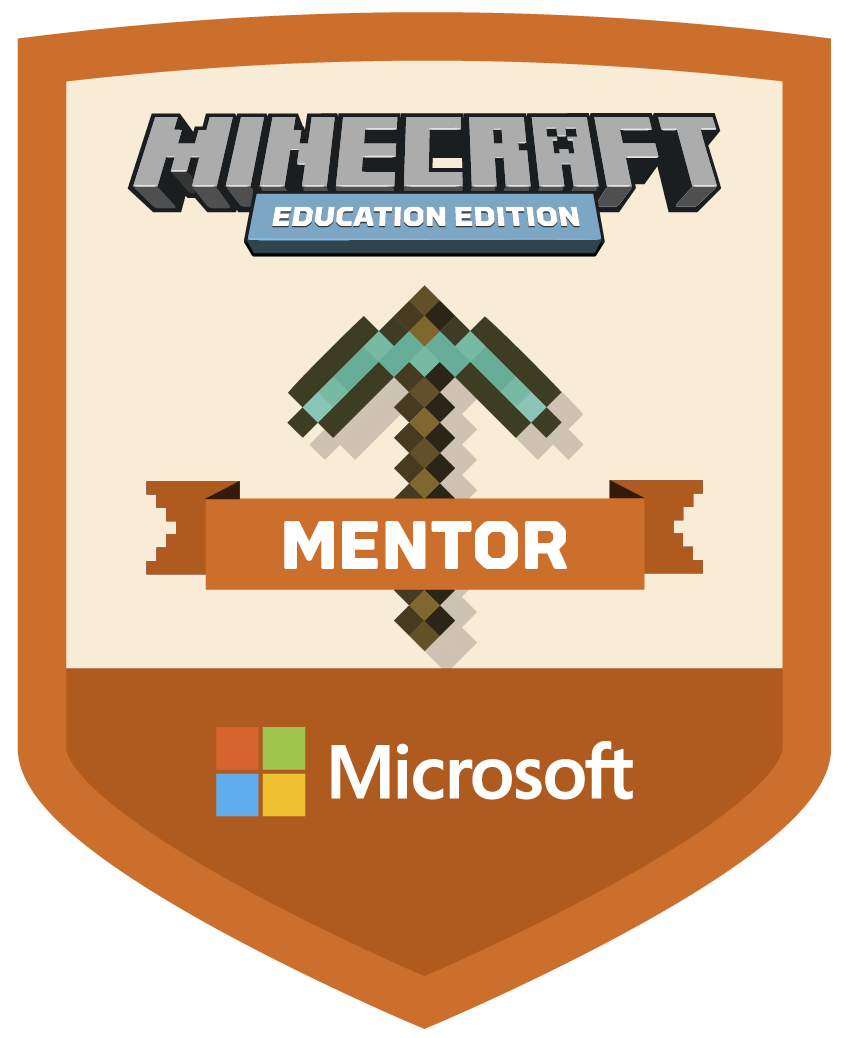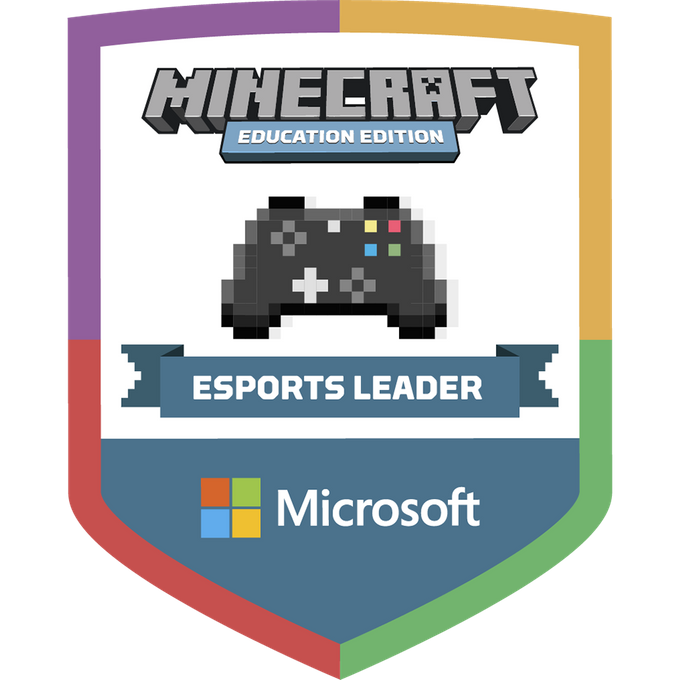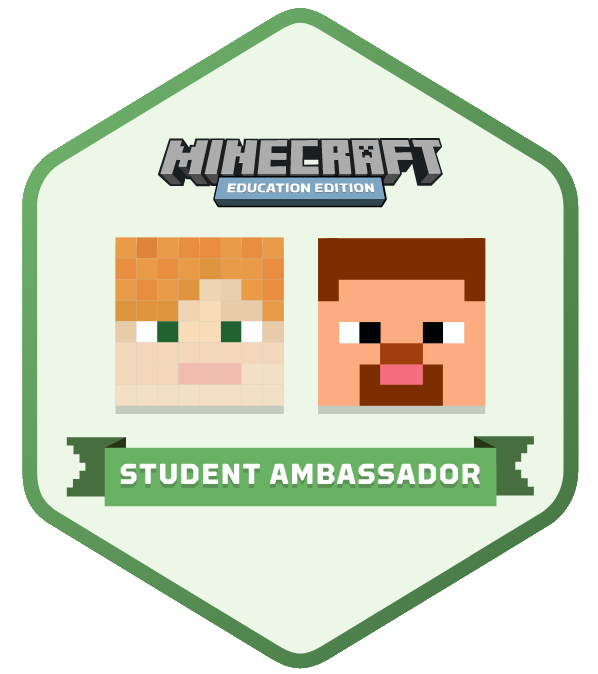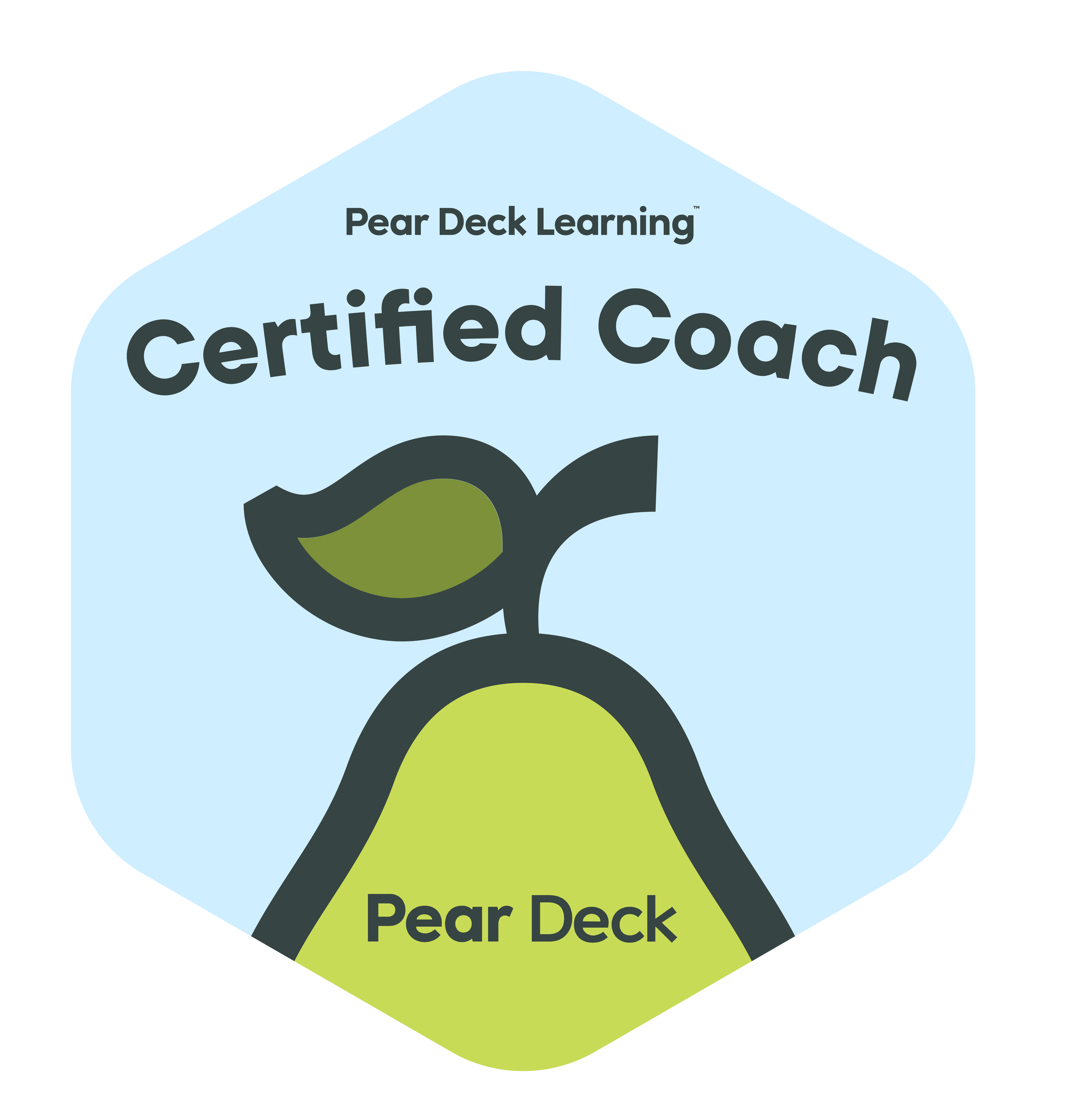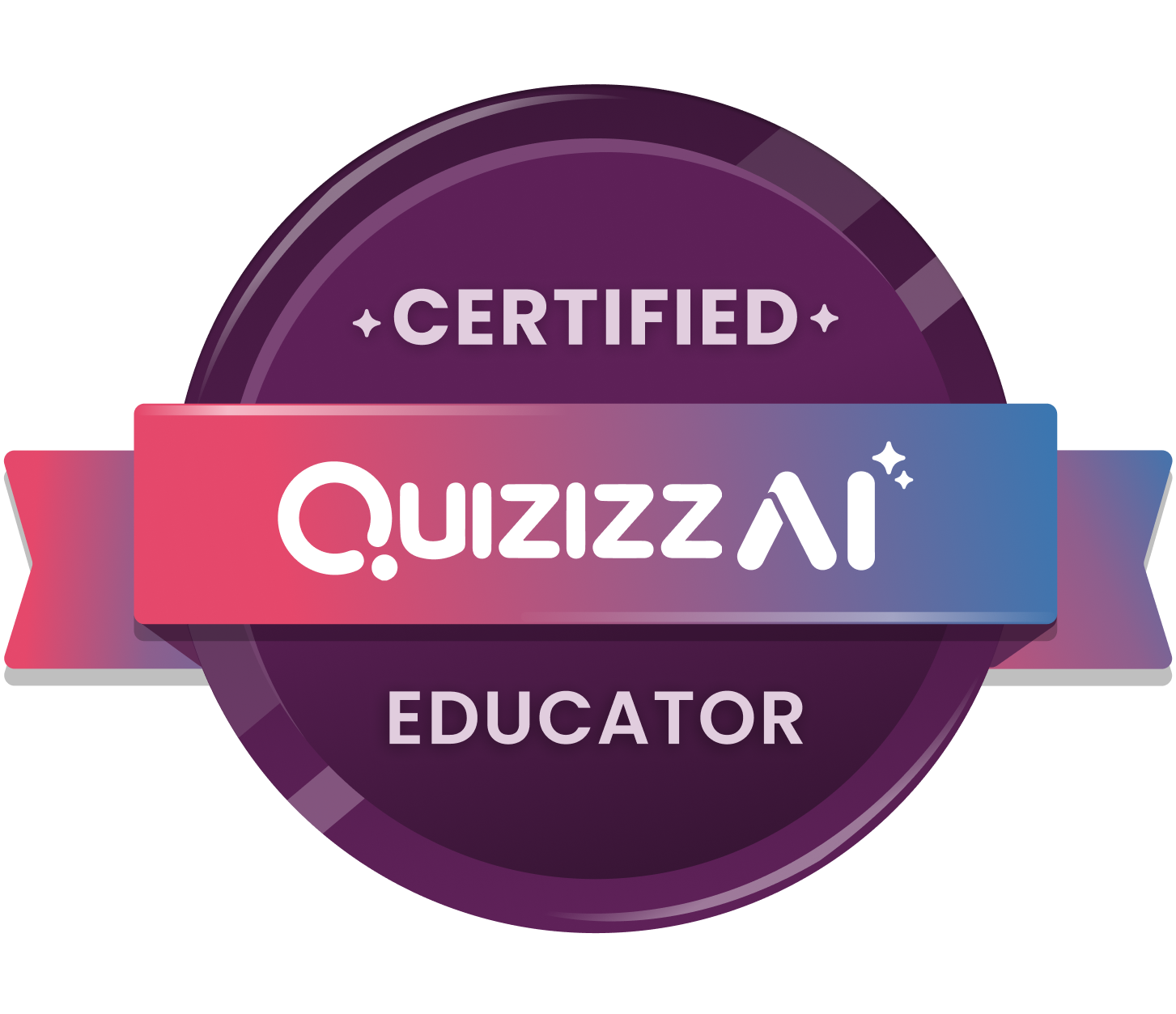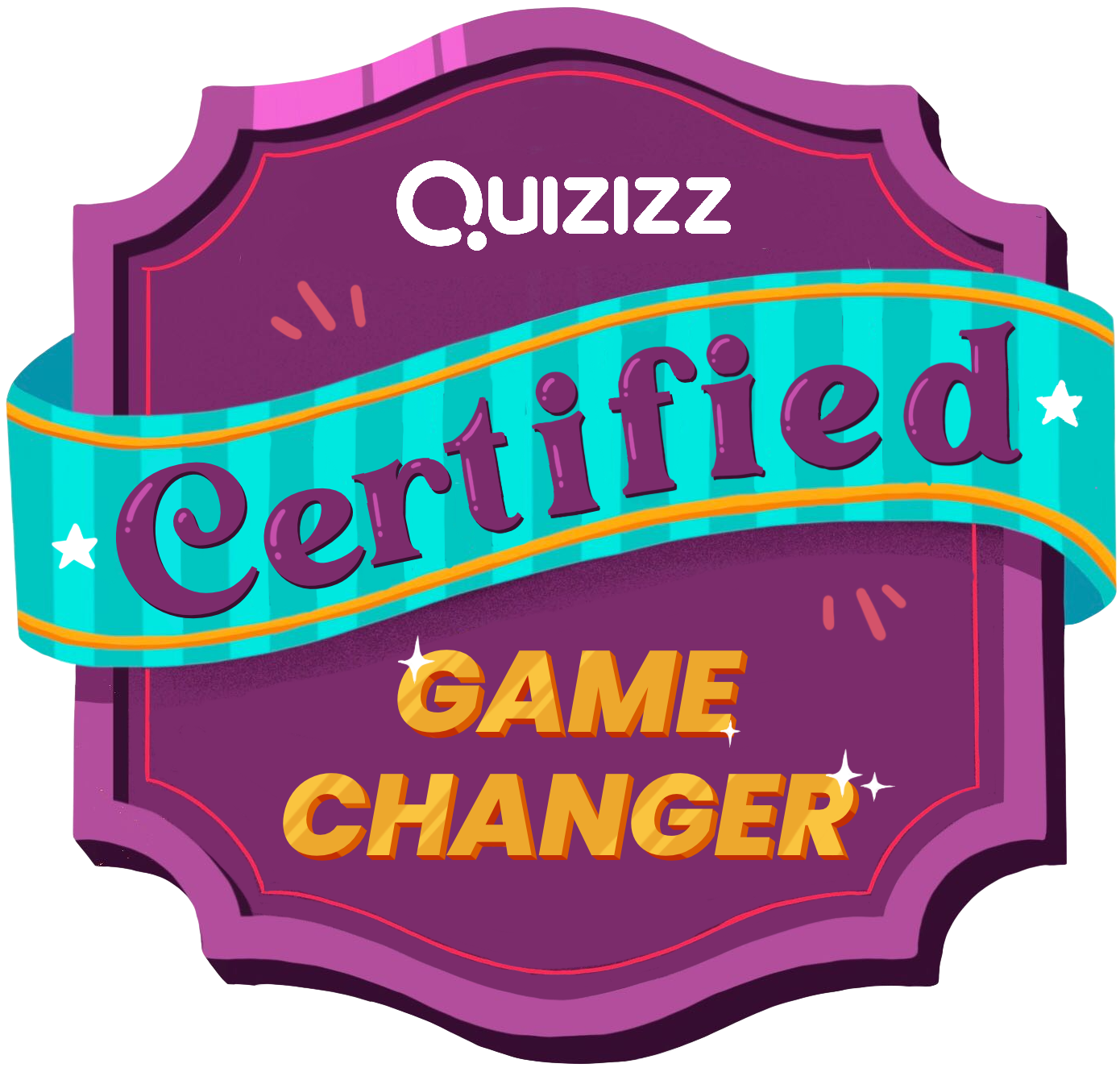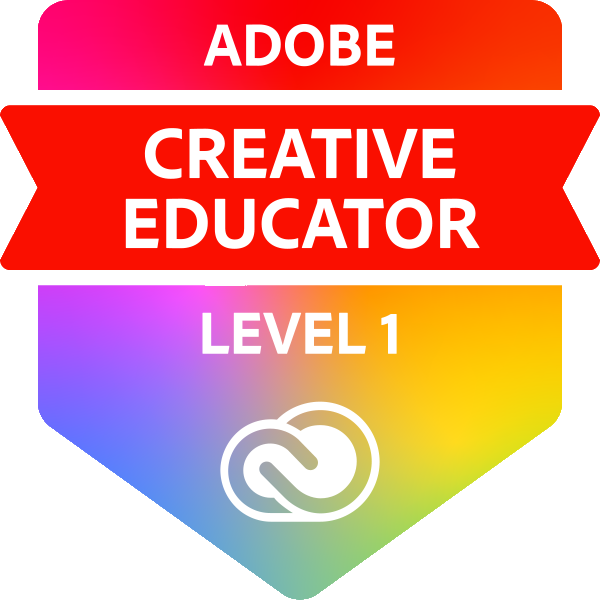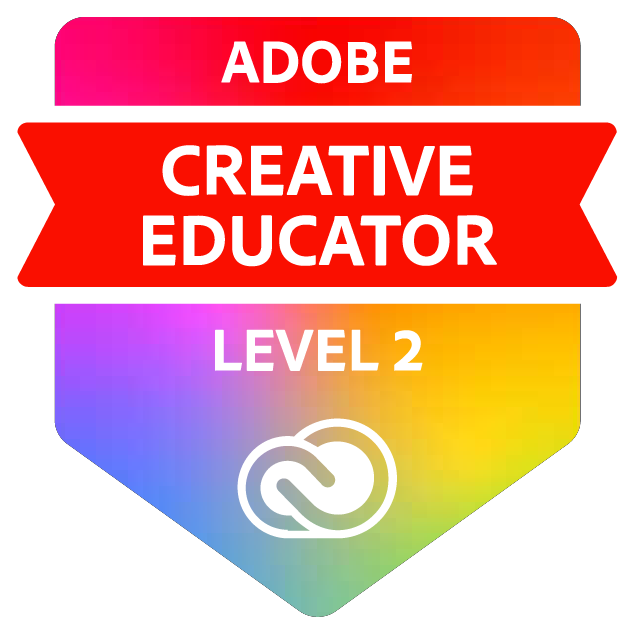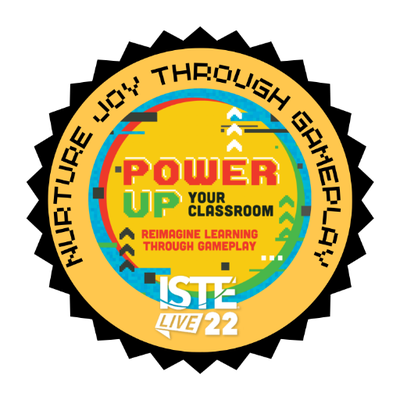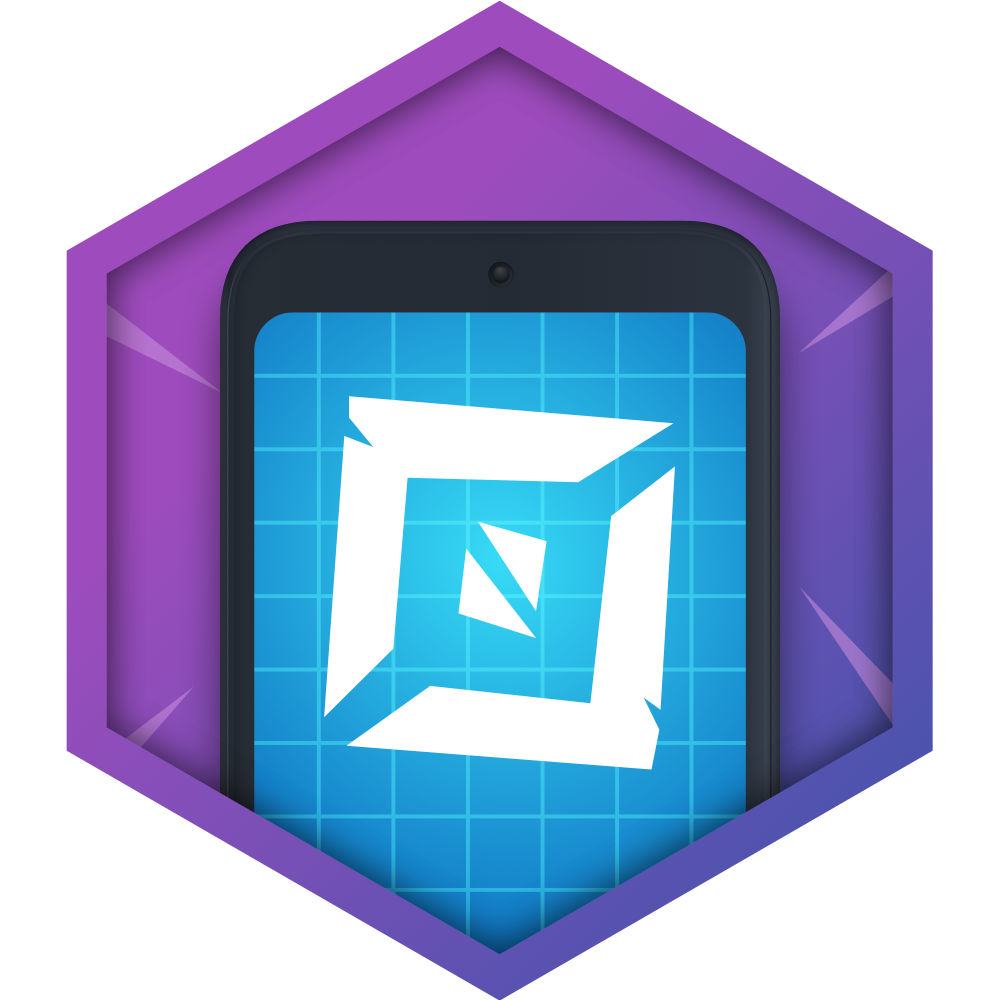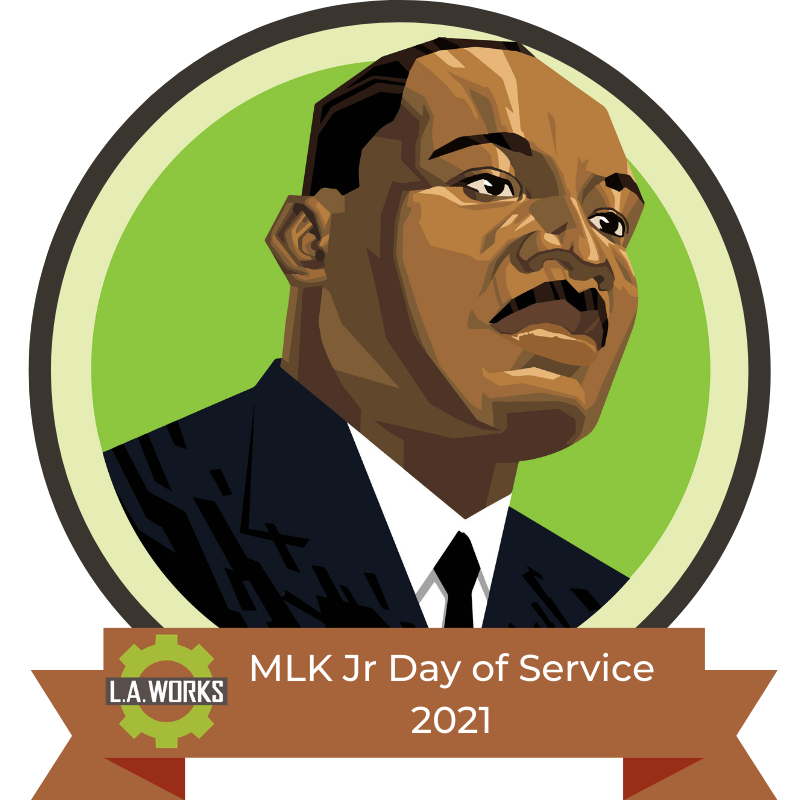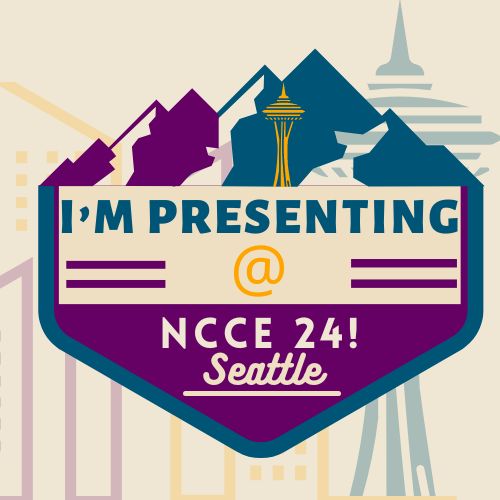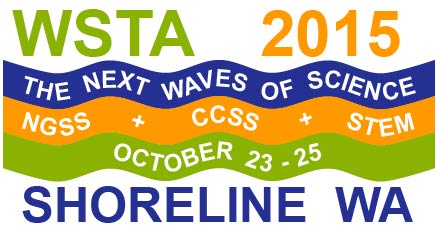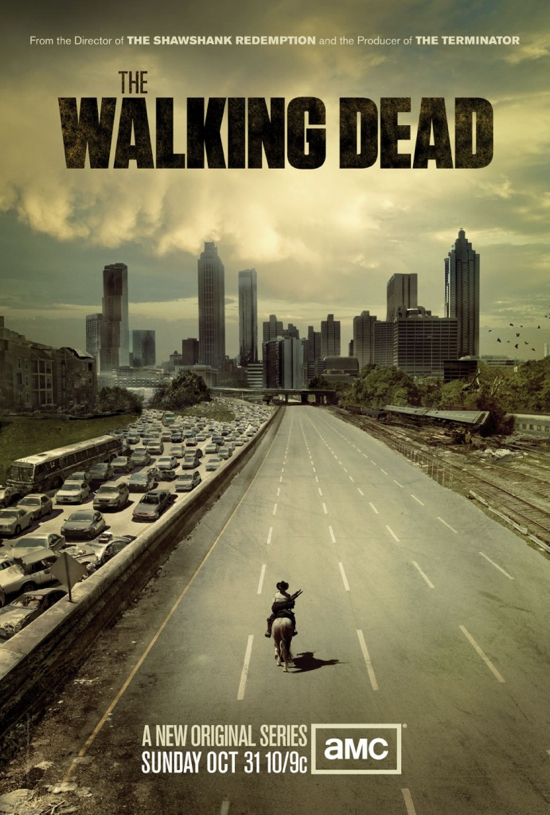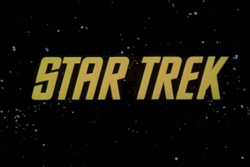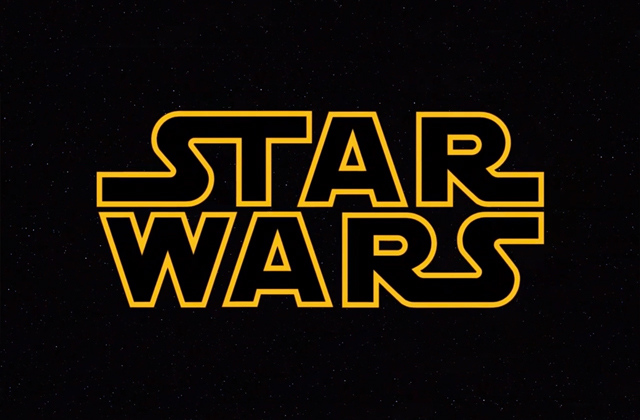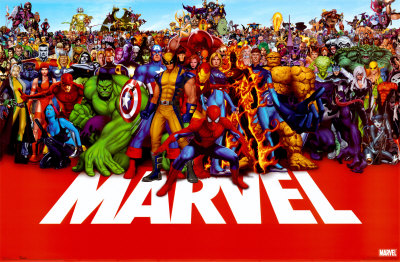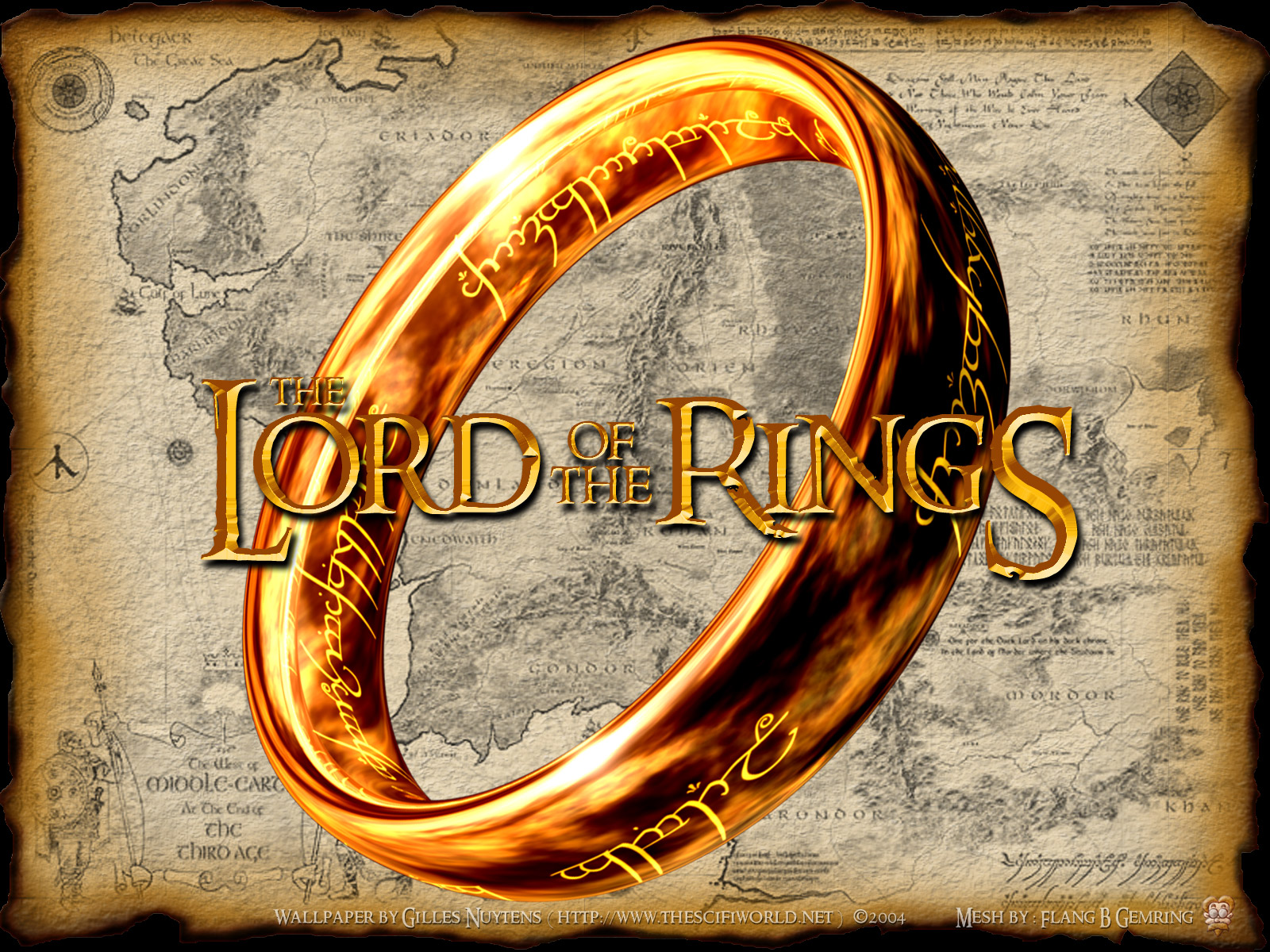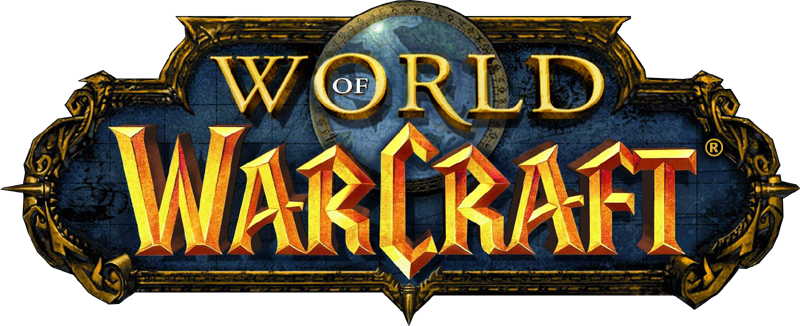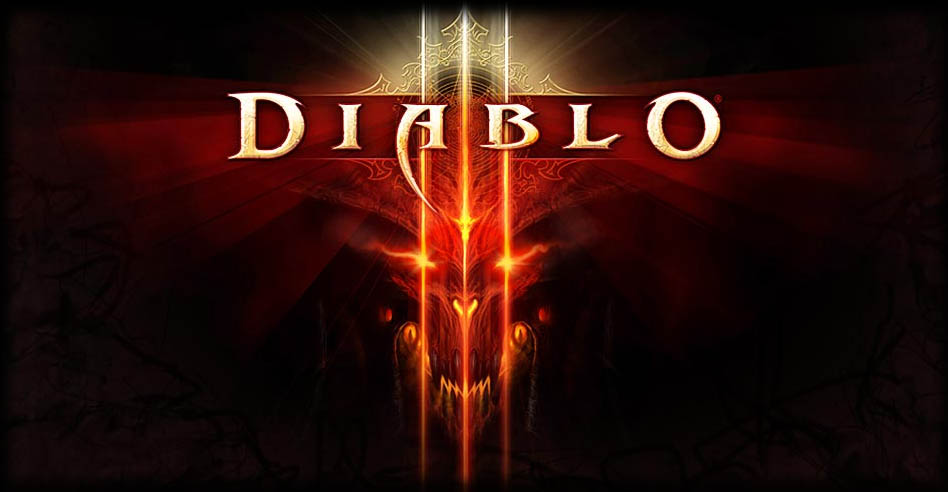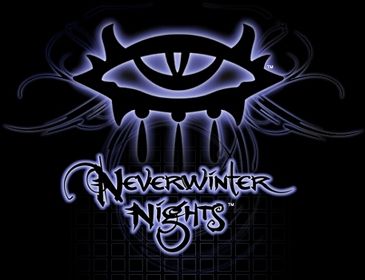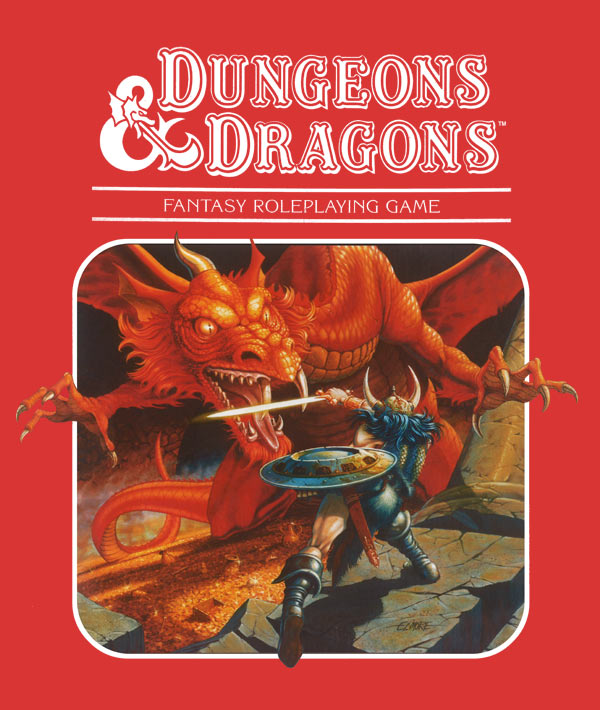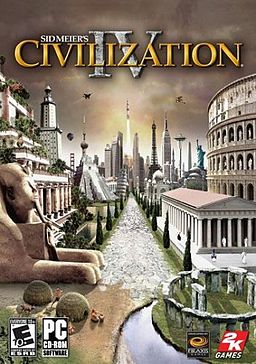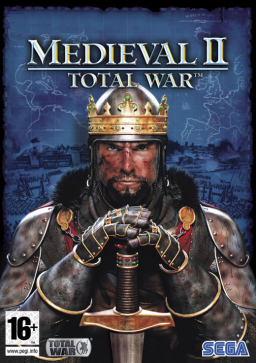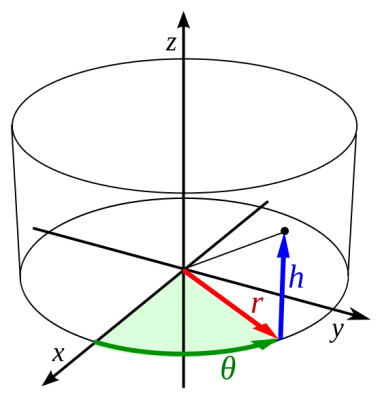 Do you like math? If not, why not?
Do you like math? If not, why not?
Do you think that you are good at math?
Can all kids learn math?
Is what we’re doing in school math?
If you’ve ever had these questions or know people who hate math or feel that they can’t do math then this Standford U free online course is for you: How to Learn Math. It just started so it’s not too late to get in on it. And so far I say it’s totally worth your time. And I don’t even teach math!
I have taught math and I’ve been disillusioned by what I was doing. When I first started teaching I taught 4th and 5th grade so I taught math. I was teaching kids how to multiply and divide and we did our fair share of learning multiplication facts. Then I started working in middle school and I taught a section of 6th grade math. We had some different curriculum but it all pretty much looked the same. I’d show kids how to do something and they’d practice it. It was boring and didn’t work for all kids. Add to that that I was given the lowest ability math kids and I lost my love of math. It became tedious work and no matter what I did kids hated math and I couldn’t help them. I see now that it was because I was teaching math the way I was taught and I was focusing on the most boring type of math, that needed to pass state tests.
Years ago we adopted a new curriculum, the Connected Mathematics Project (CMP), and it was completely different from the way we taught math. Unfortunately I only used that curriculum one year because I loved it! Kids struggled with it because they were being asked to THINK mathematically and solve problems and generate their own ways of solving problems, and they weren’t used to that. They weren’t asked to do practice problems over and over again and I wasn’t showing them HOW to do math! It was awesome. I had even attended a Science training where a presenter shared how math should be taught and yes, you guessed it, the CMP curriculum matched what that presenter was saying.
Sadly, I was the only one in my staff who loved the CMP curriculum. The other middle school teachers were stressing that it wasn’t preparing our kids for the state tests. I couldn’t believe it. We finally had a math curriculum, that we didn’t have to create, that was helping kids learn and DO math, and teachers were worried about tests! Teachers were beginning to add to the curriculum by incorporating more practice problems, especially for homework, and teaching algorithms when students struggled. They were going back to teaching math the way it was taught to them.
I was disheartened. My pleas of having kids problem solve, do math, struggle, and generate their own ways to solve the problems were met with concerns of kids not learning, kids not advancing, kids not being prepared for the next year, and kids failing the standardized tests. That curriculum is now gone from my school and I’m so glad I’m no longer teaching math because I’d be bucking the system. Big time.
That is why I’m enjoying the Stanford U course on learning math because so far I’ve barely started the week 2 session, it’s affirming what I’ve believed and learned about teaching and learning math. Part of our week 1 reading was an excerpt from Paul Lockhart’s A mathematician’s Lament. Just that 25 page snippet blew my mind. Really, I couldn’t stop reading it and was sitting there in shock and awe after reading it. It taught me that I have NO IDEA what math is and has cemented in me the damage and harm that school is doing to kids in he western hemisphere with math education. It’s a must read, especially for math teachers and parents.
The course, as well as being free, is a go at your own pace course so you can work on it as you find time this summer. Give it a look (How to Learn Math). There is so much we need to learn including the myths like that there is natural math ability and not all people can learn or do math. The week 2, 3 and 4 sessions focus on a growth mindset in math and how to help kids learn math and foster a growth mindset to undo the damage that math schooling has done to them. Just think of how many of our kids, and at younger and younger ages, already hate math, think it’s boring, and have decided that they can’t do it!
The above image is licensed under the Creative Commons Attribution-Share Alike 3.0 Unported license.
[This is part of a series of posts I’m writing as I reflect on another online course I’m taking this summer, Stanford University’s EDUC115N How to Learn Math. Sure, I’m a Science teacher but I have taught Math so I’m familiar with Math instruction. Besides, we do use Math in Science so it’s not like I don’t do any Math with my students.]
Here are other posts I’ve written based on Jo Boaler’s course:
Pendulum Swing or The Answer?
Math Stereotypes
Changing Math
Teacher Moves
Growth Mindset
Course Quotes
More Math Learning Quotes
How to Learn Algebra
More on Math

